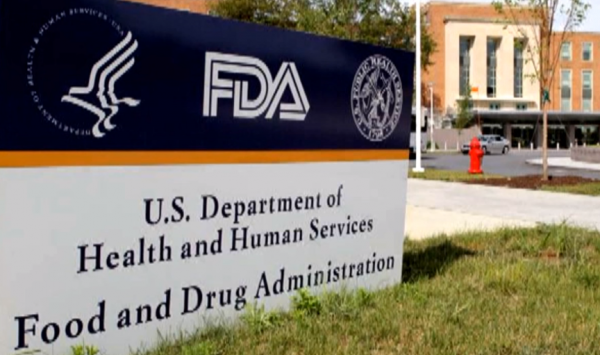 Parler
Parler Gab
Gab
- The U.S. Department of Education is investigating UC Berkeley for failing to disclose $220 million in foreign funding, primarily from China, for a joint research institute with Tsinghua University—violating legal reporting requirements for gifts exceeding $250,000.
- The undisclosed funding raised concerns about technology transfer to China, including dual-use research potentially benefiting its defense and intelligence sectors, as highlighted in a 2023 House report.
- Berkeley’s case reflects systemic issues, with similar undisclosed partnerships (e.g., University of Pittsburgh) funneling U.S. research into Chinese military programs. Past lax oversight allowed $6.5 billion in unreported foreign funds to enter U.S. universities since 2020.
- After deprioritizing enforcement, the DOE now scrutinizes decades of transactions retroactively, aided by bipartisan support and Treasury audits. Parallel probes target Harvard for hidden Chinese payments tied to military research.
- Noncompliance risks loss of federal grants and exposes U.S. institutions to espionage. The case underscores the tension between global collaboration and safeguarding national security in technological innovation.
National security concerns highlight technology transfer risks
Critics and officials alike warn that China’s deepening ties to U.S. universities threaten to erode America’s technological edge. The 2023 House report explicitly linked Chinese investment to partnerships like that between the University of Pittsburgh and Sichuan University, which similarly funneled taxpayer-funded research into Chinese military programs. “U.S.-Chinese joint education institutes serve as conduits for transferring critical U.S. technologies… to entities linked to China’s defense machine and the security apparatus it uses to facilitate human rights abuses,” the Select Committee on the CCP stated in its findings. The warning echoes a 2020 bipartisan Senate report, which found lax oversight allowed $6.5 billion in foreign funds—often unreported—to flow into American campuses. The June 2020 Trump administration Order 13912 exacerbated these concerns, directing the Department of Education to investigate noncompliant institutions. While Berkeley and others faced initial scrutiny, Biden administration officials deprioritized enforcement, closing all but one Section 117 case by 2022. Former Education Secretary Betsy DeVos had criticized the lapsed oversight as a “major national security failure,” a sentiment now shared across party lines. DOE’s Office of General Counsel will examine Berkeley’s records for the next 30 days, aided by Treasury Department auditors to parse the university’s ties to opaque Chinese entities. A senior official admitted past probes faced “the middle finger” from resistant schools, but insisted new bipartisan backing under the current administration would counterdraggone noncooperation. Harvard University faces a parallel investigation after a professor was convicted of hiding $50,000 monthly payments from a Chinese institute while leveraging U.S. government-funded research for China’s military-backed entities. The cases have spurred calls to close legal loopholes enabling “strategic scientists” to exploit American academia undetected.The bidding war for academic integrity and national security
Berkeley’s case may prove a watershed moment in balancing academic collaboration with national security. If found noncompliant, the university risks losing federal grants, crippling its research mission. The broader implications are starker: a generation of underreported foreign funding and lax oversight has left U.S. campuses vulnerable to foreign espionage and malign influence. Secretary Linda McMahon’s vow to “fully examine” Berkeley’s actions underscores a renewed commitment to transparency. Yet, as institutions face mounting scrutiny, the question remains: Can America simultaneously maintain global academic partnerships while safeguarding its security? The stakes are higher than ever—and the answers could sway who leads in the next tech revolution. Sources for this article include: JustTheNews.com NewYorkPost.com CBSNews.comCommon sense is now a conspiracy
By S.D. Wells // Share
Your HEART could be decades older than you are
By Ava Grace // Share
Governments continue to obscure COVID-19 vaccine data amid rising concerns over excess deaths
By patricklewis // Share
Tech giant Microsoft backs EXTINCTION with its support of carbon capture programs
By ramontomeydw // Share
Germany to resume arms exports to Israel despite repeated ceasefire violations
By isabelle // Share










